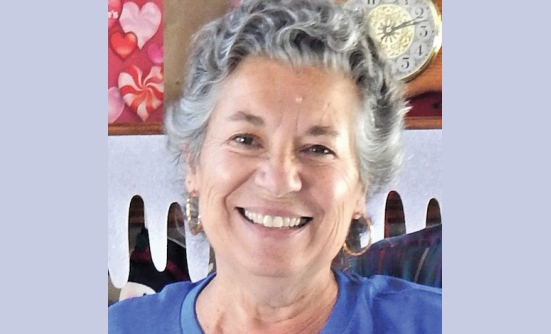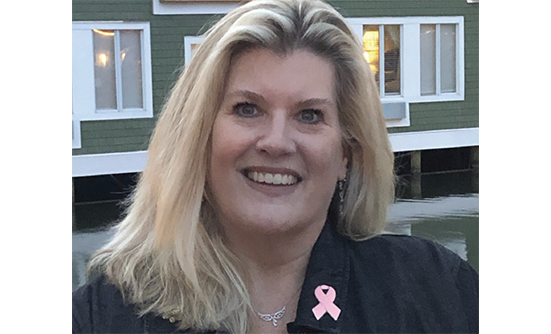Do you remember the exact moment you found out you had cancer? Did your mouth go dry, your heart start beating faster? Did you start feeling heaviness in your chest? These are all the symptoms of a stress reaction and, of course, who wouldn’t feel stressed when receiving a cancer diagnosis?
Once treatment decisions are made, another wave of stressful thoughts often comes over cancer survivors: Is the treatment going to work? Will I be able to tolerate the treatment? Will I look different, and will I be able to keep doing the things I need and want to do?
Stress can interfere with clear thinking, memory, and sleep. And although stress is a normal part of life, it can become overwhelming. Fortunately, there are ways to help you cope with the stress of cancer and cancer treatment. Along with mindfulness meditation (in a future issue of this magazine), try these 5 tips and tools to help you stay calm and grounded.
1. Journal Writing
Journal writing is a great way to help clarify and express your feelings. You can share your journal writing with others if you’d like, but sometimes it’s good to have a private place to write about your feelings. You can use any kind of journal, such as a special notebook, or journaling on the computer or online.
Cancer survivors often find that keeping a gratitude journal helps with keeping a positive focus. Use writing to express all your feelings by putting pen to paper, while leaving any judgment out of the process. Your writing doesn’t need to be “good” or “bad.” You are simply using writing as a tool to express yourself.
2. Breathing for Peace and Calm
Did you know you have a tool with you all the time that helps you cope with stress? You can actually soothe your nervous system by simply changing the way you breathe. When we are stressed or nervous, we tend to breathe very shallow breaths in the upper part of our lungs. Pausing to take a deeper, slower breath helps to smooth your nervous system, which helps you feel calmer.
Practice slow, deep, relaxing breathing when you are not feeling stressed to become familiar with this skill when the going gets tough. Breathe in through your nose and count to 6, then exhale through your mouth while counting to 8.
Keep the pace of your breath comfortable, but really think about making your breathing slower and deeper than normal. If you begin to feel light-headed or dizzy, go back to your normal breathing pattern.
3. Guided Imagery
Guided imagery is using your imagination to help manage physical and emotional discomfort. Guided imagery is sometimes also called “guided visualization.” It helps to have someone who is experienced with guided imagery who could lead this activity, or you could listen to a CD or a tape.
Guided imagery uses all the senses to help create a healing experience. This works best if you practice it daily. Over time, you will find that you become more relaxed, and that those positive feelings last long after the guided imagery session is over.
4. Therapeutic Art and Music
Using the arts to express yourself can be very comforting and helps to reduce stress and anxiety. Many cancer centers offer therapeutic art and music activities. You don’t have to be an artist or a musician to participate in these activities.
Like journal writing, art and music offer a positive way to work through our emotions. Becoming involved with an art or music activity also provides a mini-retreat from the day-to-day challenges of cancer treatment.
5. Yoga and Tai Chi
Another good strategy to help with stress is to use the mind-body practices of yoga or Tai Chi. Both activities combine gentle movements with breath work. It is best to find a teacher who has experience working with cancer survivors. Always talk with your oncologist or your navigator before starting a new physical activity.
Achieving a State of Calmness
If you are feeling that stress and anxiety are getting the better part of you, consider trying one or more of these activities. These 5 strategies can help you express yourself by using your body and mind to release stress and create a state of calmness.
Remember, if you continue to experience stress and anxiety, and you find that it is interfering with your day-to-day living, talk to your healthcare provider and consider seeking supportive counseling to help you work through these challenges.
Patient Resources
Health Journeys
http://www.healthjourneys.com/
CancerCare
http://www.cancercare.org/tagged/journaling
Cancer.Net
http://www.cancer.net/coping-and-emotions/managing-emotions/managing-stress















